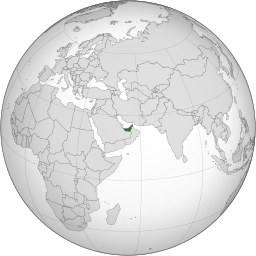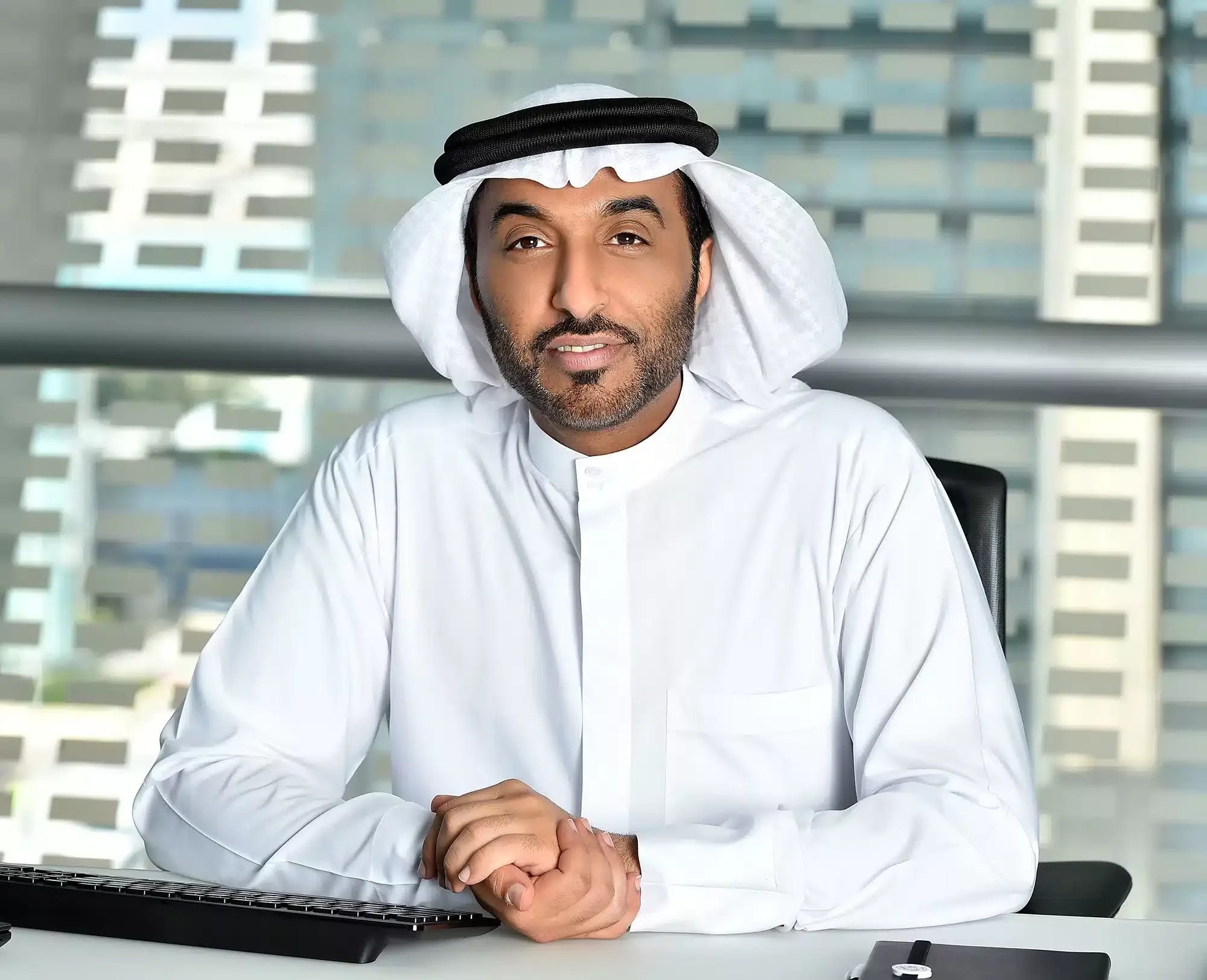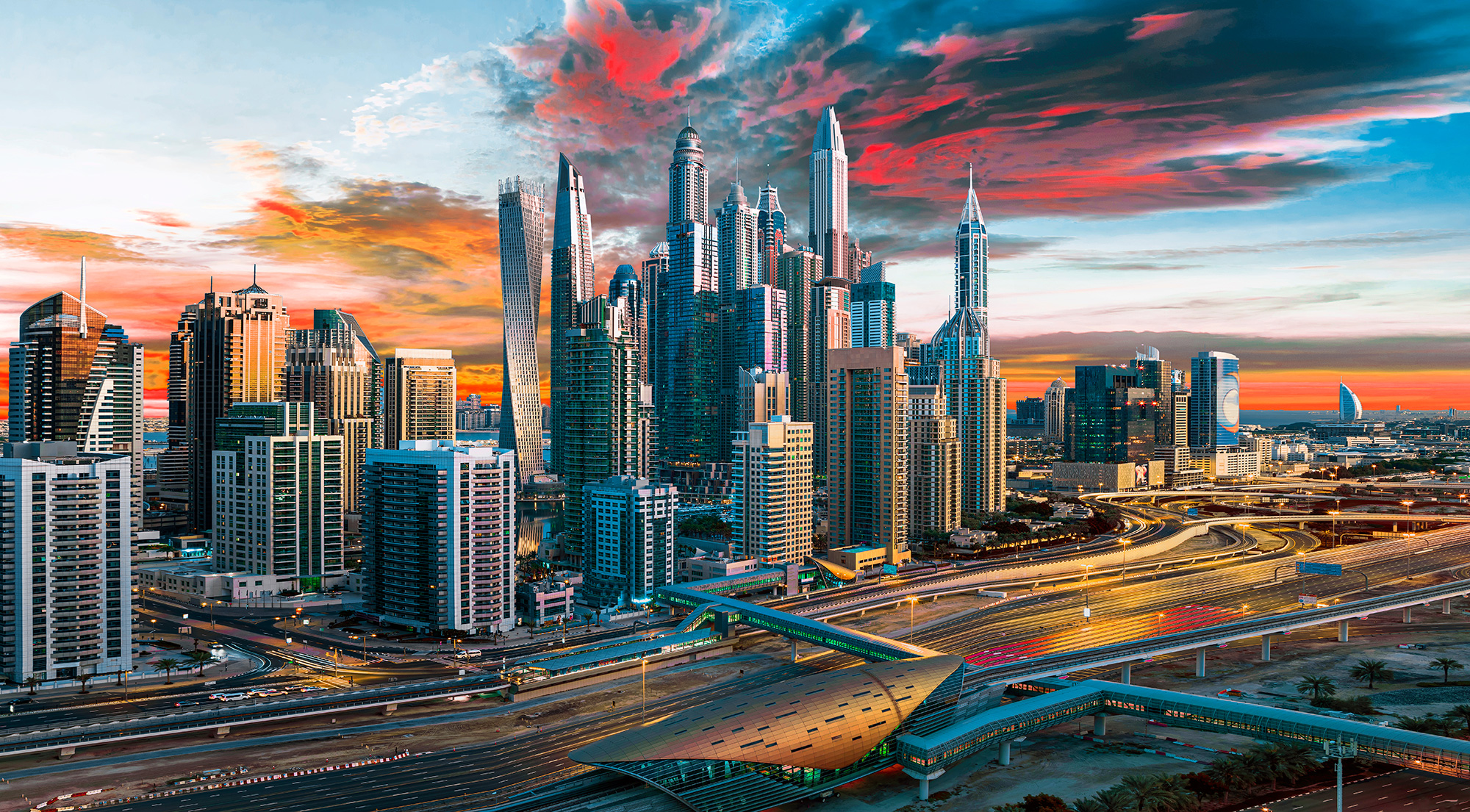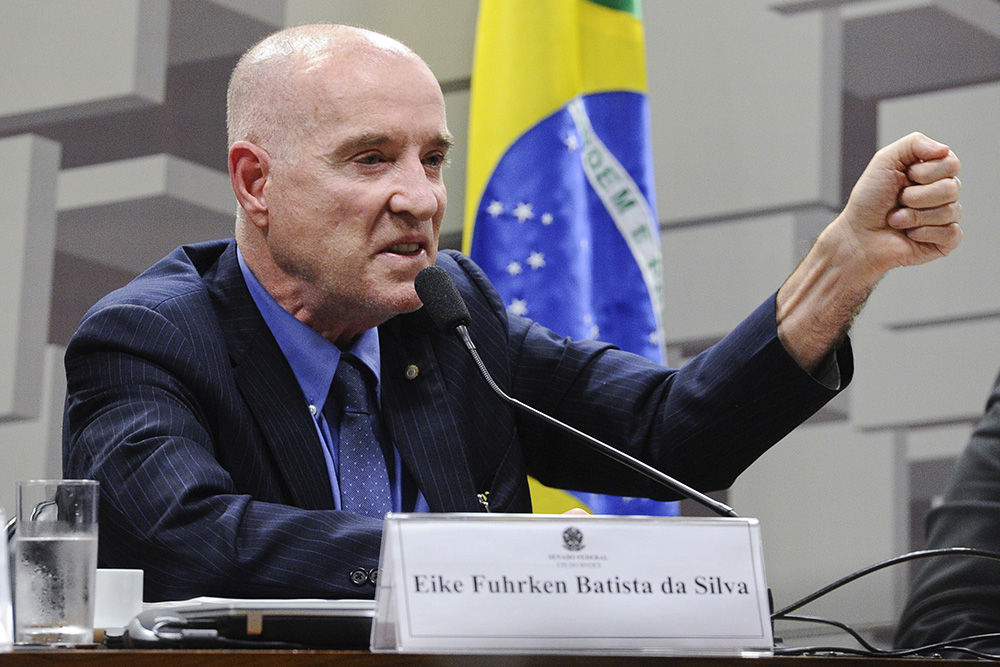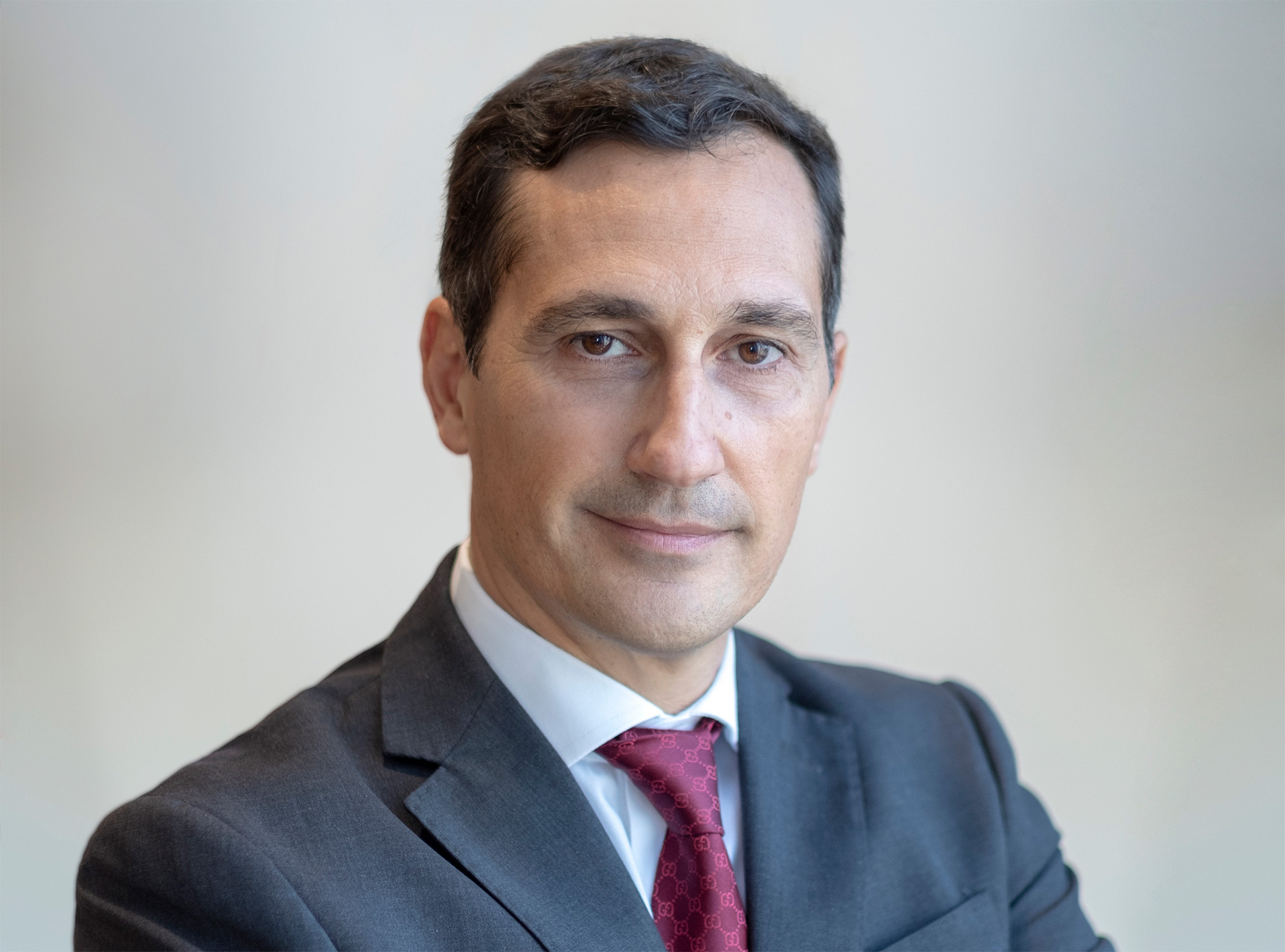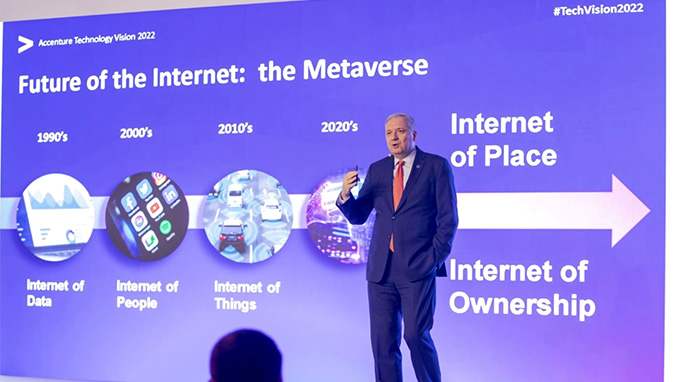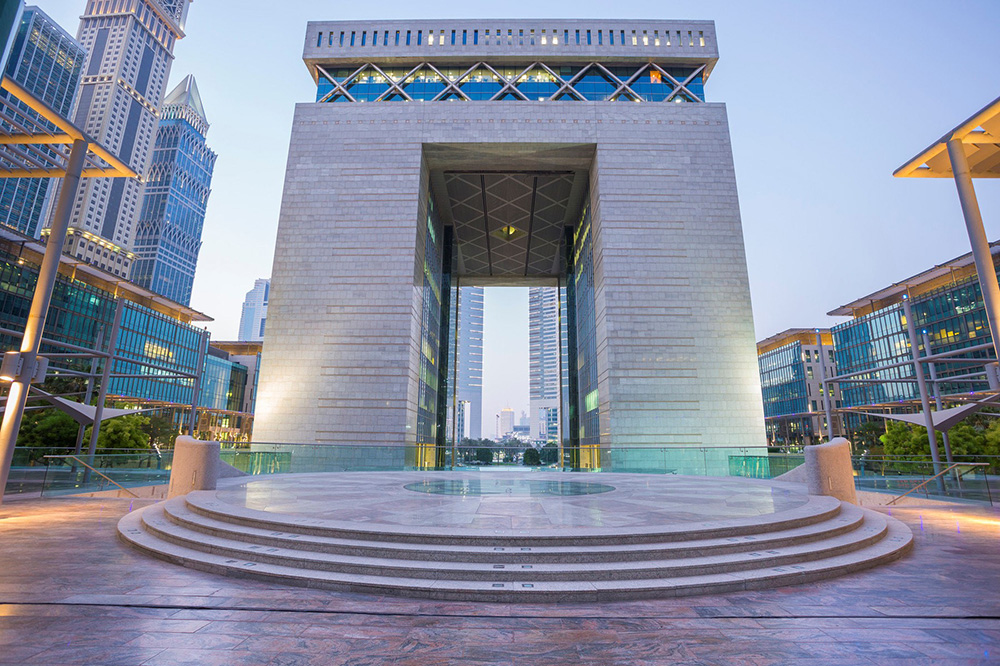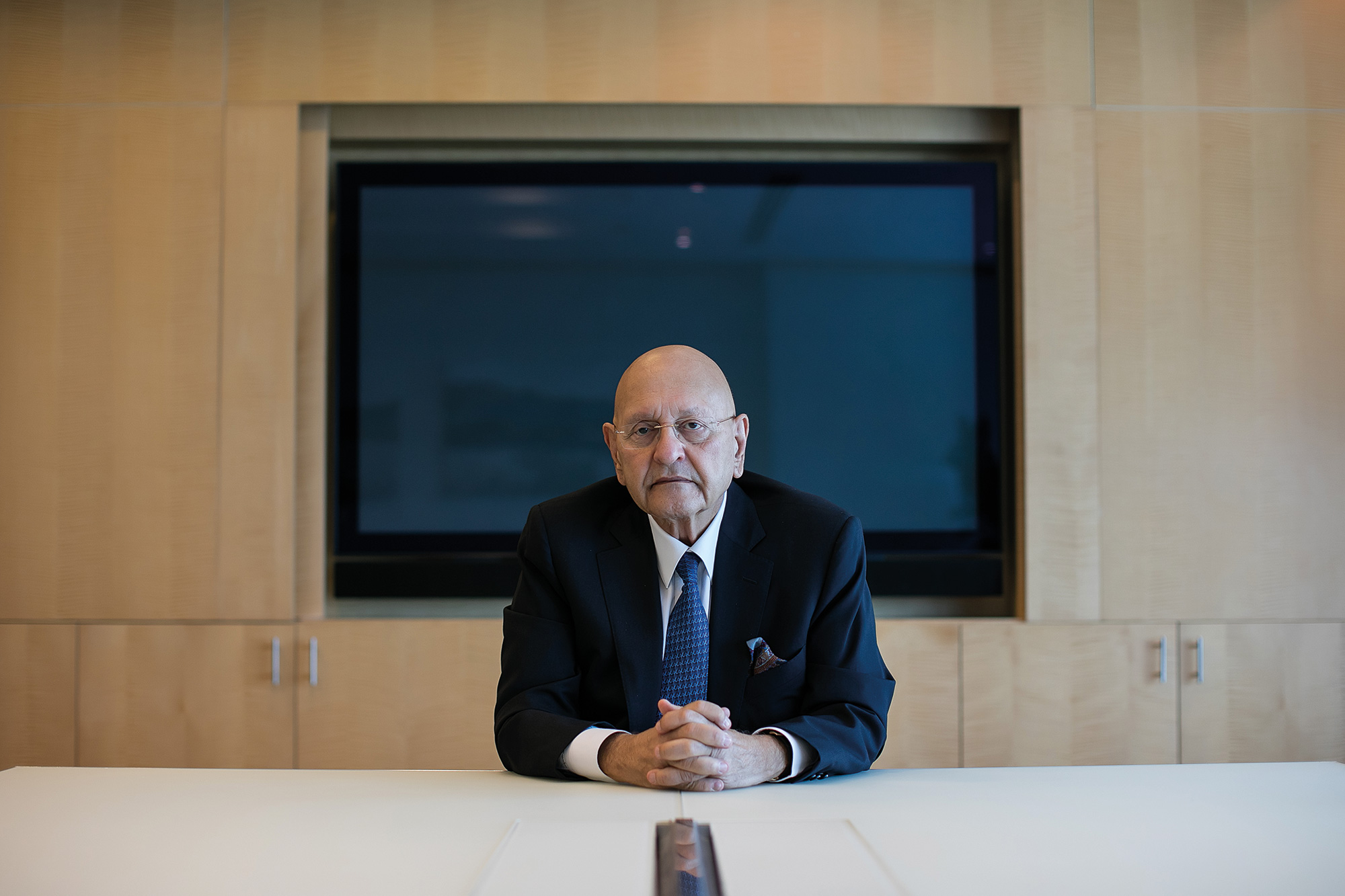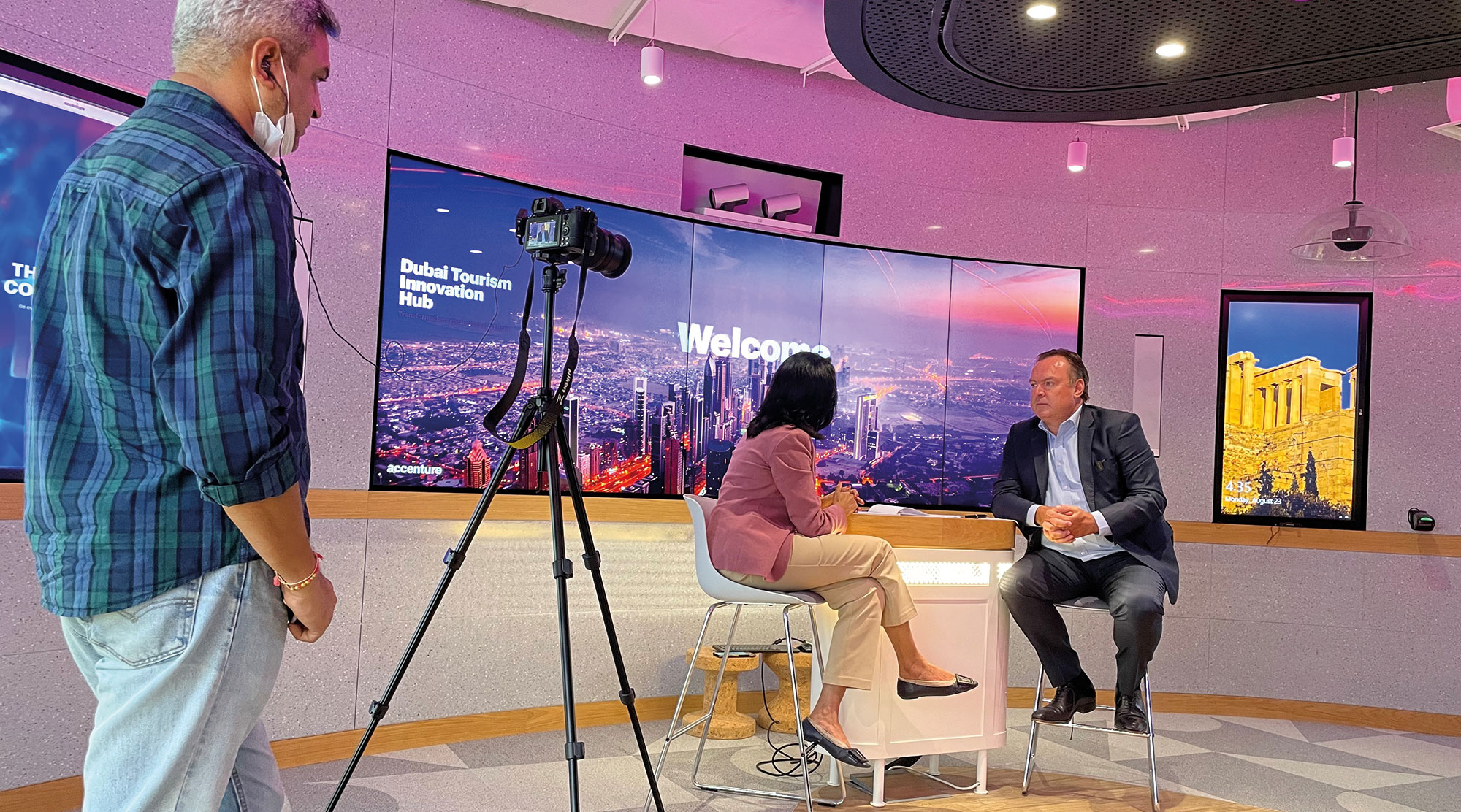[vc_row][vc_column width=”1/2″][vc_column_text]
United Arab Emirates
The UAE was the 28th largest economy in the world by nominal GDP in 2018. Its GDP per capita was $43,005 USD. It had the 8th largest proven oil reserves in the world in 2018. It is made up of seven emirates. Dubai has the largest population and the most diverse economy. Abu Dhabi has around 94 percent of the oil reserves and houses the capital. Trade was at 162 percent of GDP in 2018. It was ranked 49th in the World Bank's Human Capital Index and 54th in the Economic Complexity Index in 2017. It is a member of the GCC and OPEC. Services was the largest economic sector in 2018 (52.5 percent of GDP), followed by manufacturing (8.9 percent), and agriculture (0.74 percent). In 2017, the largest export goods were minerals (34.4 percent), other (25 percent), and stone (13 percent). The largest individual exports were unspecified (25 percent), crude oil (22.4 percent), refined petroleum (8.25 percent), gold (5.47 percent), jewellery of precious metals (3.4 percent), and diamonds (3.3 percent). Its largest export partners were undeclared countries (27.3 percent), Taiwan (14.31 percent), India (5.45 percent), and Japan (5.25 percent). The largest goods imports were gold (10.96 percent), transmission apparatus for radio, telephone, and television (10.87 percent), cars (4.87 percent), and diamonds (4.03 percent). By 1869, pearling was the dominant industry but by 1938 it was in decline because of the Depression and Japanese cultured pearls. In 1958, oil was discovered in Abu Dhabi transforming it from the poorest emirate to the richest. In 1966, oil was also discovered in Dubai. In 1971, the "Trucial States" formed the United Arab Emirates and became independent from Britain. During the 1970s and 1980s, Dubai used its oil wealth to develop its trade and tourism industries. The port of Jebel Ali is the largest in the Middle East and was the ninth largest container port in the world in 2018. Abu Dhabi created a sovereign wealth fund in 1976, the Abu Dhabi Investment Authority, which was ranked the third largest in 2018. The fund plays an important role in stabilising and developing the economy. In the 1990s, diversification efforts began to pay off with industries like petrochemicals, aluminium, tourism, and manufacturing contributing to growth. The global financial crisis in 2008-09 hit Dubai hard leading to a fall in the real estate market and a bail-out from Abu Dhabi. With lower oil prices since 2014-15, the government has introduced fiscal reforms, including a decrease in fuel subsidies in 2015, an excise tax in 2017 (on carbonated drinks, tobacco and alcohol), and a VAT in 2018. Recent strategic plans continue to focus on diversification including the development of commerce, tourism, and entrepreneurship.
[/vc_column_text][vc_column_text] Its population in 2018 was 9,541,615 [1]
Its population in 2018 was 9,541,615 [1]
 In 2015, 0.14% of its total energy
In 2015, 0.14% of its total energy
consumption was renewable [2]
 In 2021, its GDP grew by 0.00% [2]
In 2021, its GDP grew by 0.00% [2]
 In 2021 it had a positive Current
In 2021 it had a positive Current
Account Balance of US$bn 47.95 [3]
 Its Expenditure on R&D (as a percentage of
Its Expenditure on R&D (as a percentage of
GDP) in 2020 was 1.45% [2]
 A Big Mac will set you back the
A Big Mac will set you back the
local equivalent of US$3.81 [4]
What free trade areas or economic unions is it a member of?
Member of the Cooperation Council for the Arab States of the Gulf (GCC) since 25/05/1981
Other members:
Bahrain, Kuwait, Oman, Qatar, Saudi Arabia
What trade deals are there between Cooperation Council for the Arab States of the Gulf and other countries and economic unions?
Gulf Cooperation Council (GCC) - Singapore free trade agreement (from 01/11/2013)
EFTA - Gulf Cooperation Council (GCC) Free Trade Agreement (from 01/07/2014)
EFTA - Gulf Cooperation Council free trade agreement (from 01/07/2014)
[/vc_column_text][vc_column_text]What trade deals are there with other countries and economic unions?
Pan-Arab Free Trade Area (from 01/01/1998)
Morocco - United Arab Emirates free trade agreement (from 09/07/2003)
India - United Arab Emirates free trade agreement (from 01/05/2022)
[/vc_column_text][/vc_column][vc_column width=”1/2″][vc_column_text]Abu Dhabi Cements City’s Position at Global Market Forefront
UAE’s Economic Progress to Extend Beyond Post-Oil Era
Mining Disaster that Played Out Above Ground — and Brought Down ‘King Midas’
Massimo Falcioni: Reinforcing UAE’s Economic Diversification Away from Oil Trade in a Co-operative Way
How Do You Define the Metaverse?
ICBC Dubai (DIFC) Branch: Innovate to Differentiate
Water in the Desert: A Challenge that TANQIA has Taken to Heart
Making Expo 2020 Deeply Personal: How Accenture Helped Put the Visitor at the Heart of the World’s Greatest Show
Interview with Alexis Lecanuet, Accenture Middle East: Creating Value Through Continuous Transformation
Geidea Fuelling Growth for SMEs while Expanding Across MENA — and Beyond
Trade with the United Kingdom
Source: UK Office for National Statistics, October 2022.
Contains public sector information licensed under the Open Government Licence v3.0.















































































